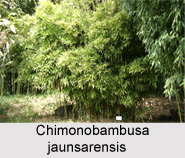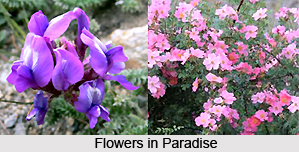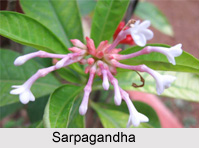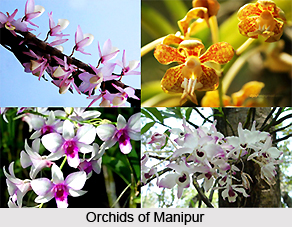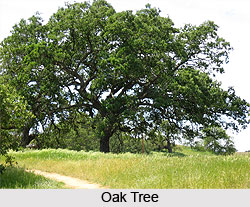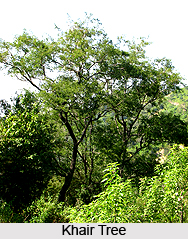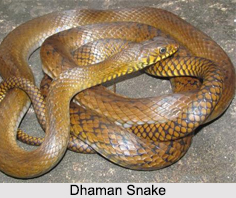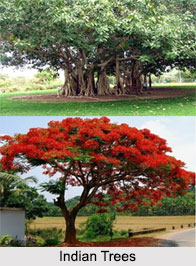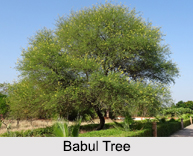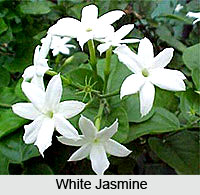 Jasmine is a popular flower which is available throughout the world. Basically, Jasmine is a flower of the tropical temperate regions of the world. It is a fragrant flower and is said to have originated in the Himalayan regions in western China. This flower has reached India through cultivation. Experts suggest that the name of Jasmine is derived from the Persian word Yasmin, which means God`s gift. Jasmine is also known by the name of Jessamine (Jasminum). Jasmine flowers are said to be the genus of shrubs and vines in the family Oleaceae. There are around 200 species of Jasmine; most of the Jasmine flowers are white, but few species with yellow flower can also be found.
Jasmine is a popular flower which is available throughout the world. Basically, Jasmine is a flower of the tropical temperate regions of the world. It is a fragrant flower and is said to have originated in the Himalayan regions in western China. This flower has reached India through cultivation. Experts suggest that the name of Jasmine is derived from the Persian word Yasmin, which means God`s gift. Jasmine is also known by the name of Jessamine (Jasminum). Jasmine flowers are said to be the genus of shrubs and vines in the family Oleaceae. There are around 200 species of Jasmine; most of the Jasmine flowers are white, but few species with yellow flower can also be found.
The flower bears the common name Jasm, which is often given to dissimilar plants with pale, sweetly-scented flowers and dark green leaves, such as confederate or star Jasmine. It is also called Gardenia Jasminoides (Cape Jasmine), Night blooming Jasmine and Carolina Jasmine. Common name of Jasmine in Sanskrit language is Mallika. Other popular names by which this beautiful flower is admired in India are Kundumalligai, Moghra and Arabian Jasmine.
Jasmine is grown almost in all the parts of India. It is widely grown in the Nagarhole National Park and also cultivated at Pangala, in Karnataka.
Popular Species of Jasmine
The most common species of Jasmine rise as climbers on other plants or on structures. The leaves of the plant can be either evergreen or deciduous, and are opposite in most species. The shape of the leaves is quite simple, trifoliate and pinnate with around nine leaflets. Flowers of Jasmine are usually white; however some of its species have yellow flowers. Jasmines often have 5 to 6 lobes, unlike the majority genera in the Oleaceae with four corolla Petals. They are often powerfully and at times sweetly scented. Flowering of Jasmine generally takes place in spring or summer in most species, but in a few species, particularly J. Nudiflorum, blossoming takes place in winter on the bare branches of deciduous species. Few of the most renowned species are Jasminum Auriculatum, Jasminum Grandiflorum, Jasminum Multiflorum, Jasminum Officinale and Jasminum Parkeri.
Uses of Jasmine in India
The flower has numerous uses. The essential oil extracted from the flower is used as cosmetics and in perfumes. The oil also finds importance as a calmative with relaxing properties. Further, the flowers are worn by women in their hair mostly in southern and Southeast Asia. Moreover, the flower is also believed to have several medicinal and curative uses. Like for instance, the Jasmine flowers remove intestinal worms and are also useful in treating ulcers, vesicles, boils, skin diseases and eye disorders.
In India, Jasmine is also said to have cultural importance. In this country, Jasmine plant is associated with Lord Shiva and Lord Vishnu. The flowers are used in religious offerings too. In addition to that the jasmine flowers have significance in wedding ceremonies too. The flowers are essential for daily consumption also. These sweet smelling flowers have a refreshing effect on the mind and soul of a human being.
